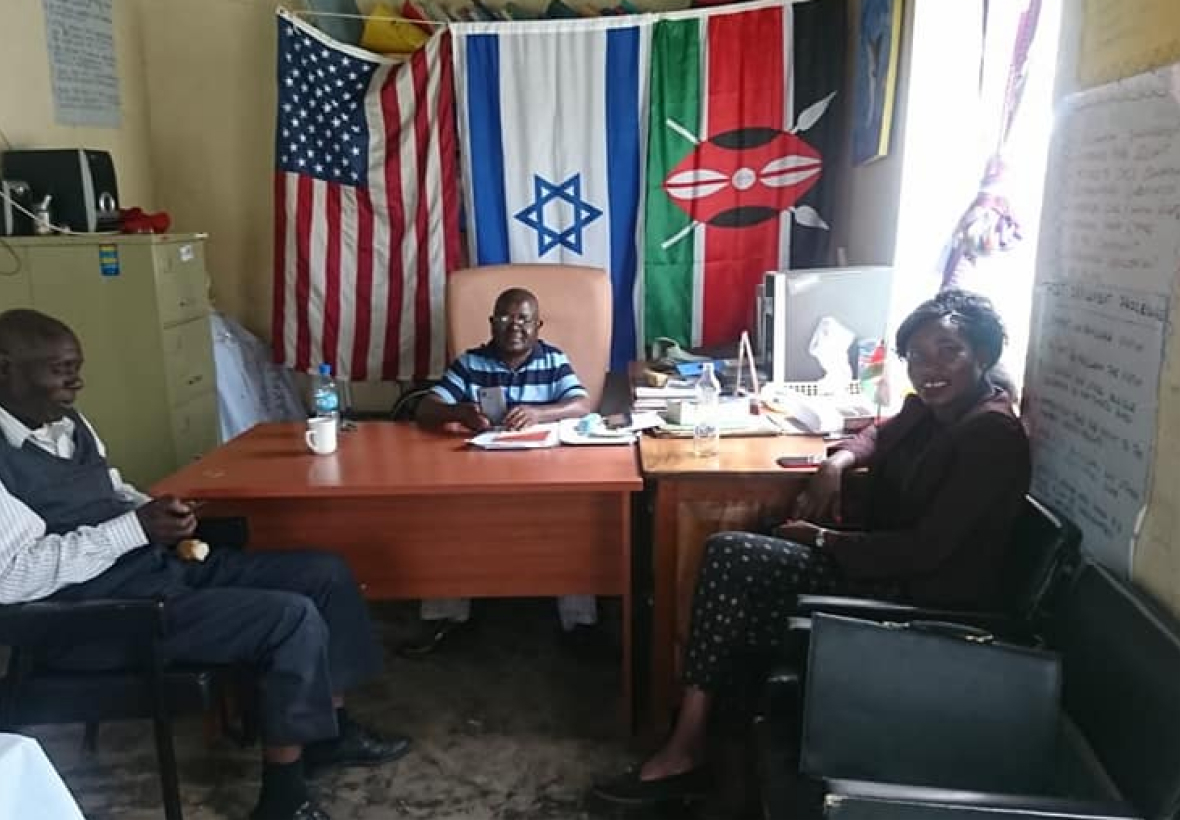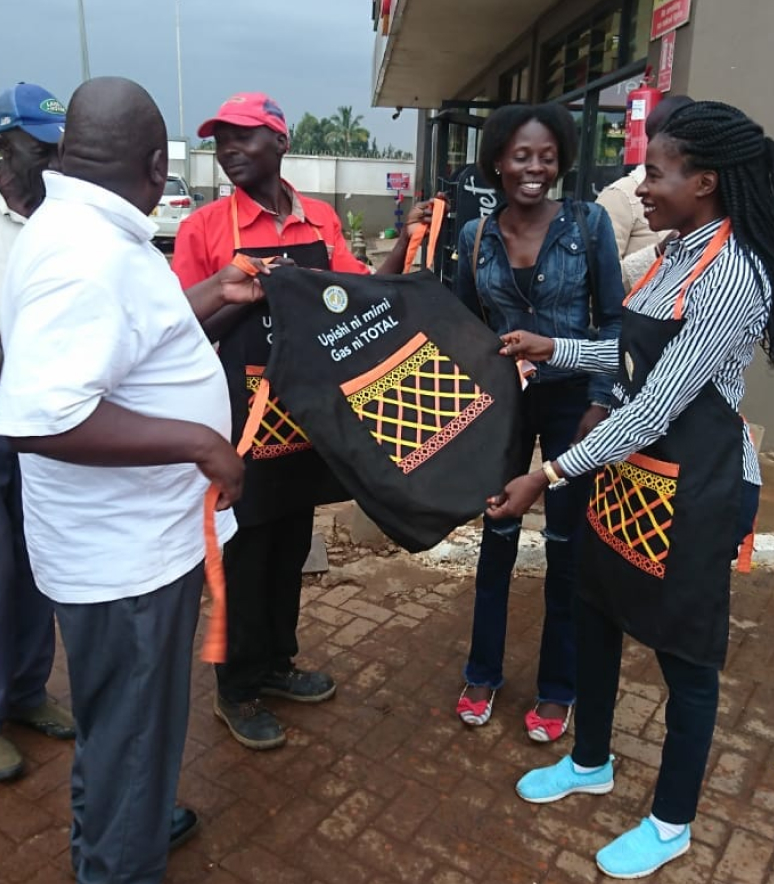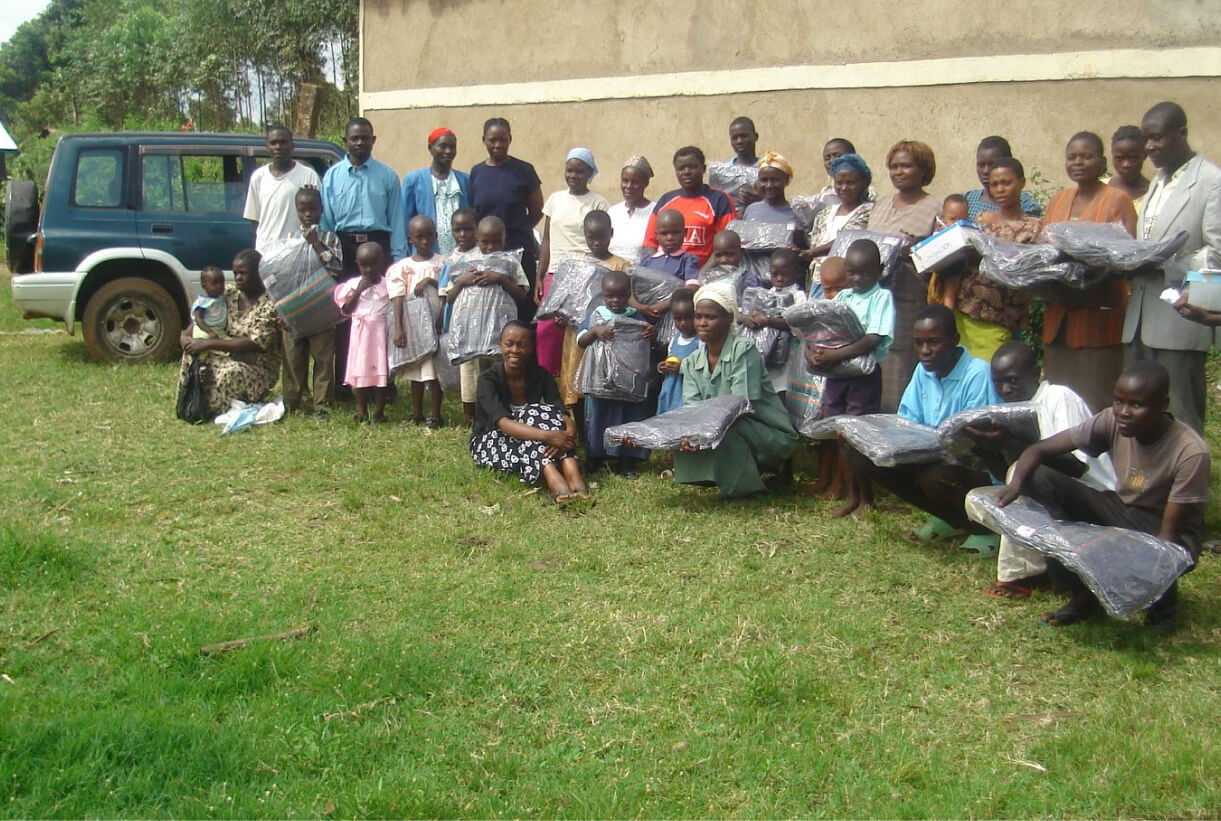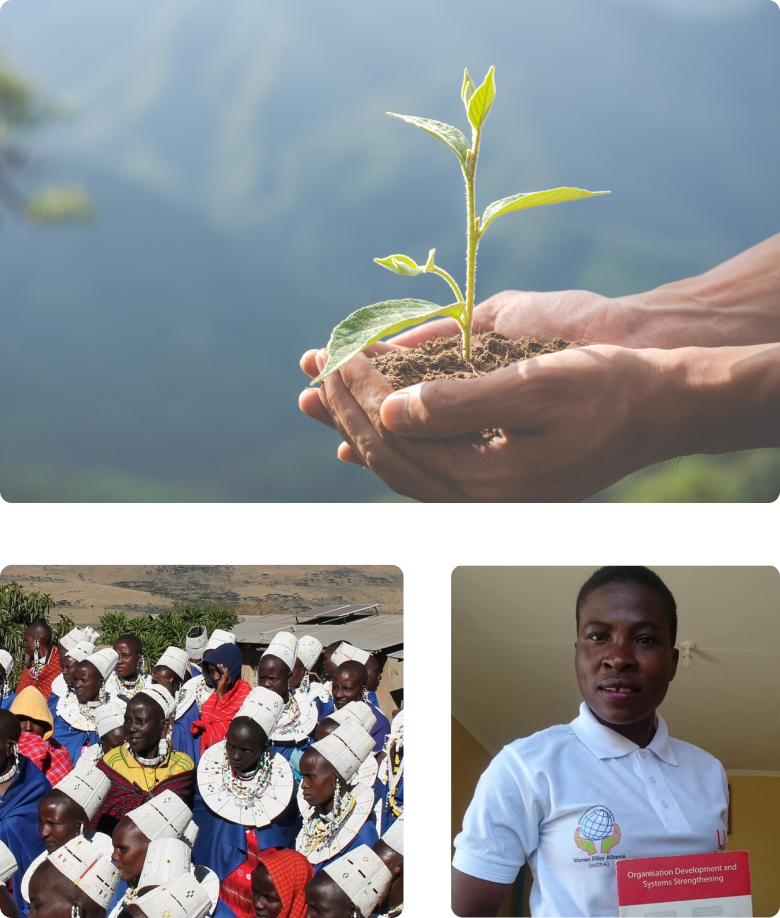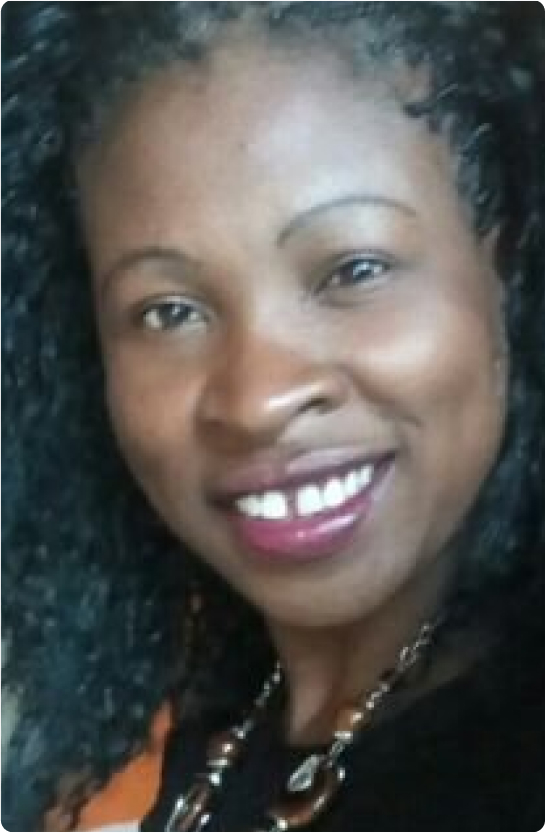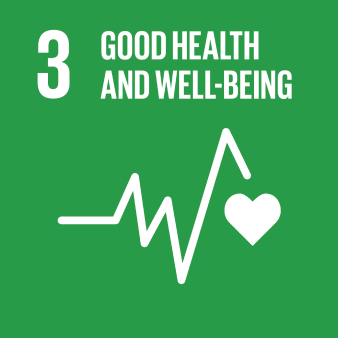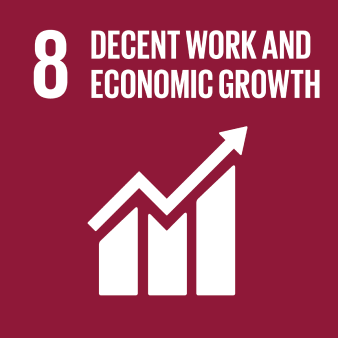One of the greatest milestones for WOPA has been to see widows, who had their pieces of land confiscated by their in-laws after the death of their husbands, getting these lands back to benefit them and their children.
In Kakamega county, the second most populous in Kenya, women’s rights are systematically neglected and violated, yet there are very few legal avenues for redress, In this context of a patriarchal society and a conservative cultural mindset, men are seen as heads of households and women are forced into arranged marriages having little influence in decisions that may affect their lives or those of their families. Historically, women could not own property or the land they work and live at, nor were allowed to receive inheritance of their deceased husbands.
Since 2017 WOPA has managed to support 354 widows in getting back their properties and grabbed land through linking them to pro bono lawyers, supporting with their case filling expenses, and accompanying them during case hearing. WOPA managed to deliver justice through lawsuits, brought on board all stakeholders involved in defending women issues including government officials, and carried out multiple trainings for widowed women in rural areas to educate them on their constitutional rights and empower them to defend for these rights.
Today more than 5,500 vulnerable women are feeling more resilient and independent economically, are able to defend themselves whenever their rights are infringed, and are not afraid to take up leadership roles in their communities.
“In a community where women have no voice or power to own or inherit property, an organization in Kakamega County in western Kenya is slowly changing the narrative by giving widows a voice in the fight to establish their rights”
Nelson Opany,
Senior Manager, Communications and Partnerships at World Organization of the Scout Movement (WOSM)
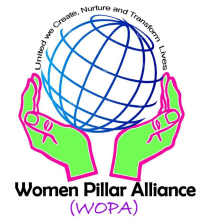
.png)
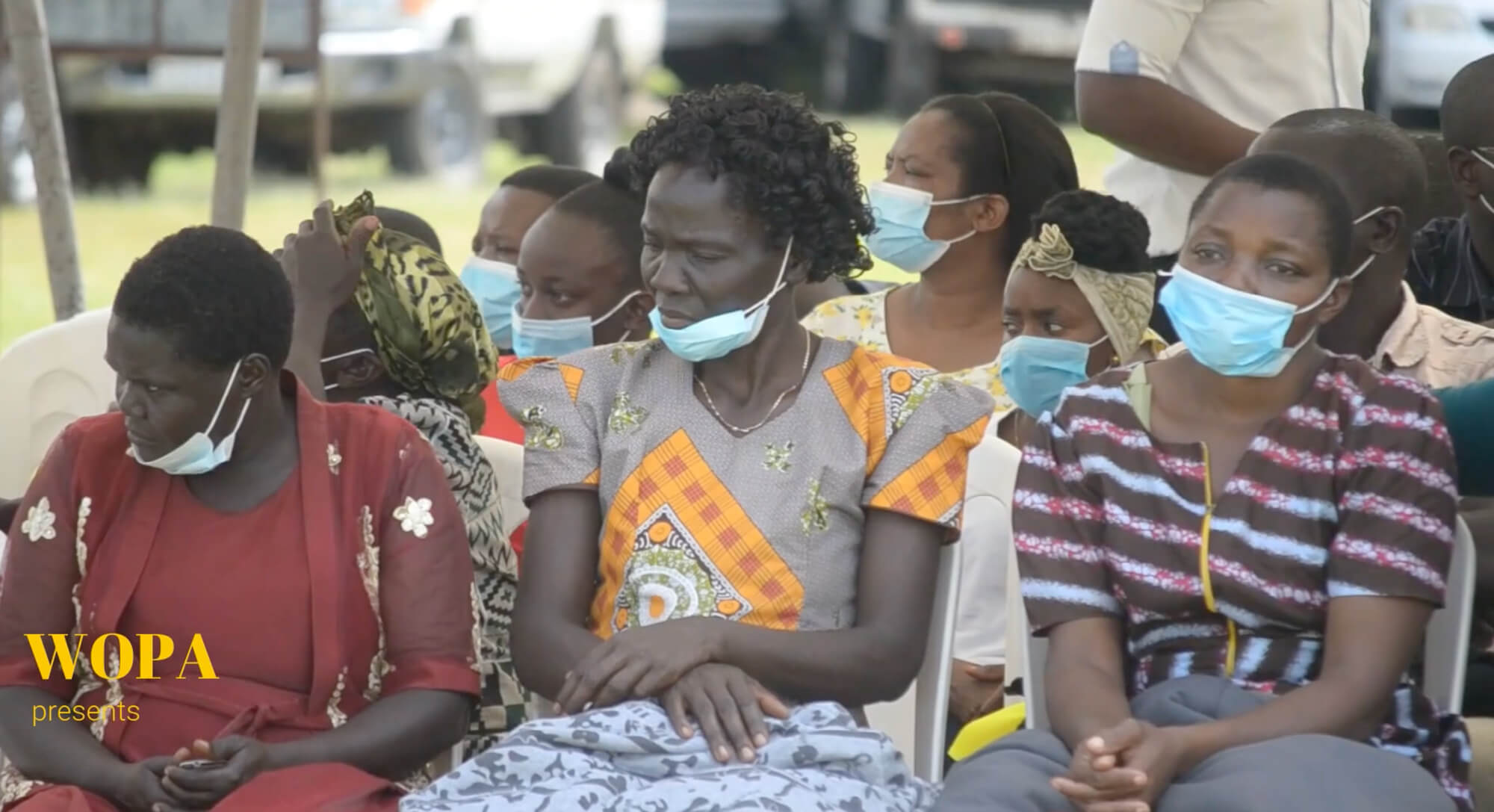
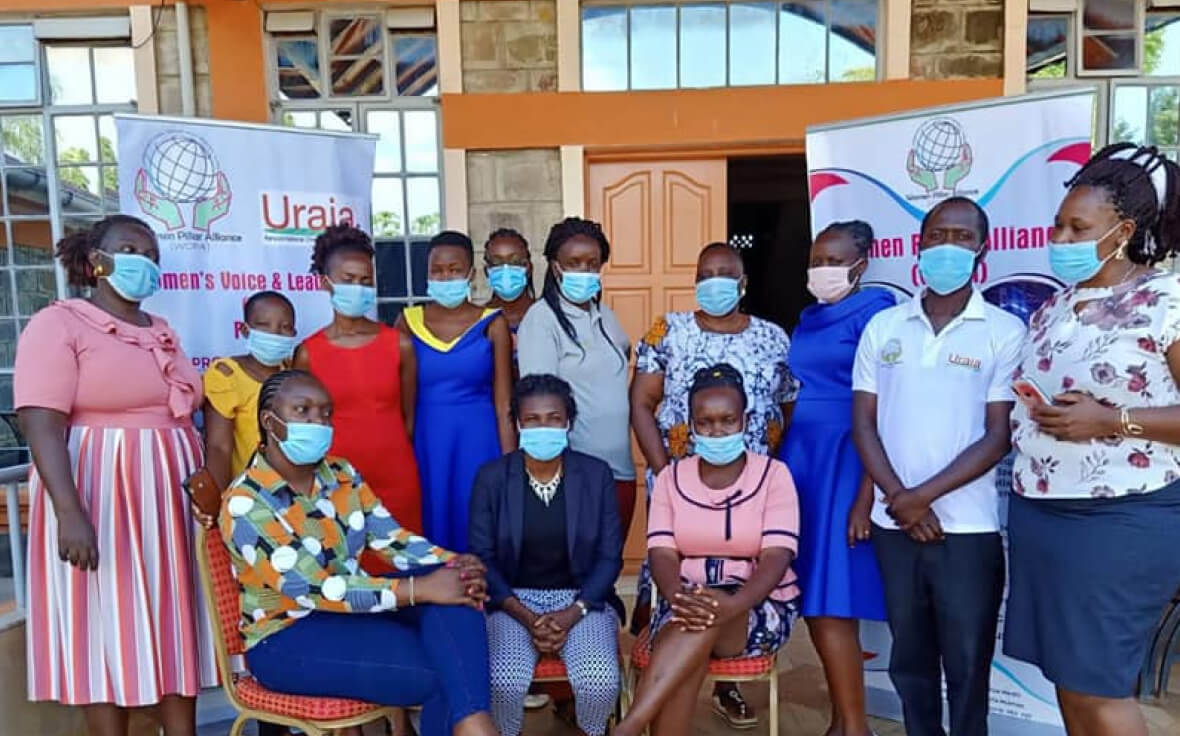
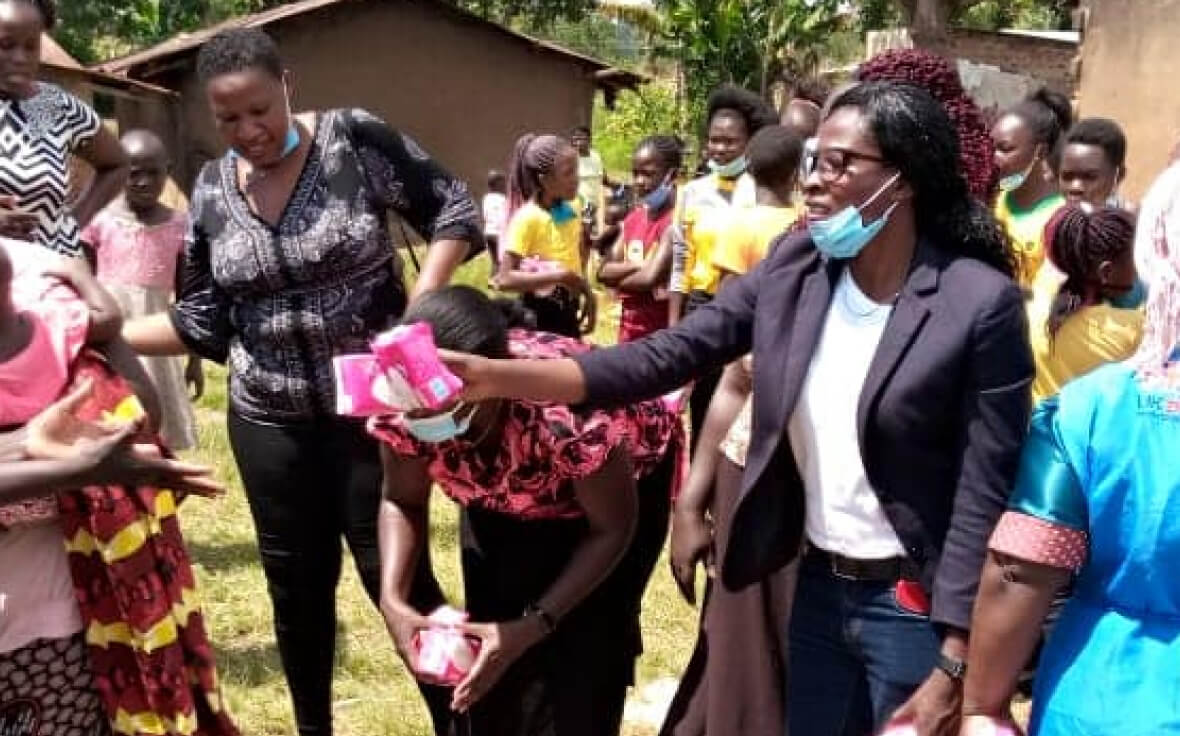


.png)
.jpeg)

